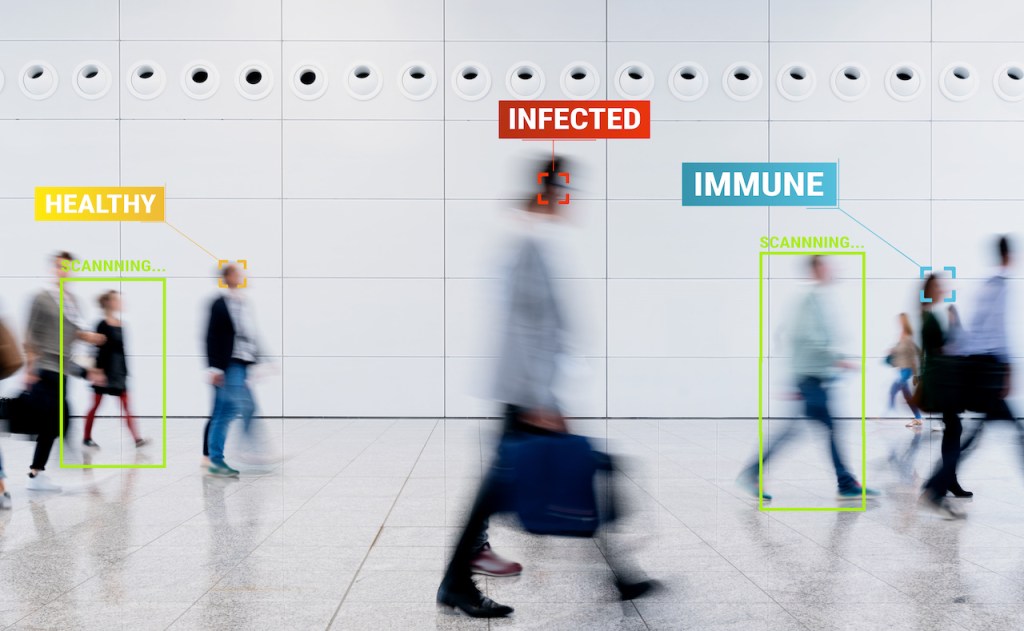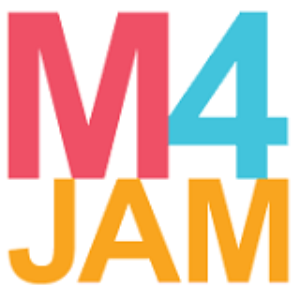Although infection rates seem to be declining and vaccines are slowly being rolled out in the country, most South Africans fear the arrival of a third wave of Covid-19, further lockdowns, job losses and the social problems that will bring.
A survey by gig technology company, M4Jam asked 2953 South Africans about their main concerns as the country marked exactly one year since the first Covid-19 case in the country was diagnosed.
Despite South Africa’s rejection of its first shipment of vaccines and widespread misinformation about the effectiveness of vaccinations, 49% of respondents (up from 32% in the January survey) said they would take the vaccine when it became available to them. 44% of respondents (down from 58% in the January survey) said they would adopt the approach of wait and see if the vaccine works for people they knew before making a decision.
42% of those who took the survey said their response was directly linked to the government rejecting the first shipment of AstraZeneca vaccines. 72% were worried about possible side effects, while other concerns revolved around a lack of trust in the government’s ability to ensure the safety and effectiveness of vaccines (49%). 41% of respondents were not too confident that the distribution of vaccines would be fair.
41% were not confident about proper testing for safety and effectiveness of any vaccines being rolled out. Despite these views, 47% of respondents said the development and testing of Coronavirus vaccines was moving too slowly and 46% said getting vaccinated would be very important to their health.
Only 14% of respondents believed South Africans should be forced to take the vaccine. The majority (86%) said they wished to preserve their right to decide. Illustrating scepticism, 70% believed the media did not convey much useful information about vaccines, with only 21% believing they knew what they needed to know to make a decision.
Of those who said they had seen or heard something to put them off taking the vaccine (63%) of the respondents, 81% pointed to social media as the source of the information.
“This result is especially interesting in the wake of countries like Australia taking on internet companies and platforms for their use of media news links and journalism. A news blackout on social media could have a positive effect in channelling people to credible news websites, but if people don’t do this it could also lead to even more widespread disinformation. We hope for a quick and positive resolution that will lift the credibility of information sourced via social media,” says M4Jam CEO Georgie Midgley.
While most respondents were still very worried about becoming infected (61%), the common misconception that many South Africans are living fast and loose despite the threat of the pandemic was countered by just 14% of respondents saying they were not concerned about the virus.
71% of respondents said they would keep up with practising social distancing until they were vaccinated, while 17% were happy to stick to good practices for at least another six months. 63% of those who took the survey believed the threat posed by the virus was not at all exaggerated and a further 20% believed the threat of the virus has been underestimated.
Around half (54%) of respondents believed government had imposed all necessary restrictions, with 36% believing restrictions should be even stricter. Nearly all (87%) of respondents were happy to accept that wearing a mask limited the spread of the virus. 60% were not worried about any adverse health effects of wearing a mask.
In terms of the pandemic’s broader social effects, being able to keep up to date with monthly bills and payments was a widely shared concern, however, 80% of those who took the survey saying they were very worried about being able to meet their financial commitments. Household income and job losses remains a very real fear for most (77%).
Asked whether Covid-19 had caused South Africa to lose its grip on its response and the rule of law, most respondents said that the socioeconomic situation had undoubtedly changed and that corruption and crime were worsening as a result of the pandemic. 85% agreed with the notion that “things are out of control” in the country. Top of mind were worries about job losses, failure of relief measures and a third wave of infections.
Predicting which factors may improve or worsen, 70% believed digital tools would continue to become more prevalent in their lives, while 73% were optimistic about the level of education not suffering as a result of Covid-19. 76% believed South Africa’s overall health situation would not deteriorate, but 58% believed employment opportunities would become even scarcer.
“This seems to be right on the money and we at M4Jam are pleased to see that South Africans are aware that staying abreast of digital transformation will be a minimum requirement for remaining globally competitive moving forward,” says Midgley.
Picking the topics they found most worrying for the year ahead, 96% of respondents said they feared unemployment, 76% were concerned about the virus itself, 72% were worried about deepening corruption and 72% were concerned about worsening social inequality and poverty.
Opinion on whether the vaccine would stop the pandemic for good was evenly divided, with 53% believing it could. 79% said we would all still be wearing masks a year from now and 64% feared a whole new global pandemic in the near future.
92% believe a side hustle (gig work) will be non-negotiable as a way of coping with the economic fallout from Covid-19.
“The side hustle is M4Jam’s reason for being. Since March 2020, M4Jam’s jobber network has grown by 137%, this is a sure indication that gig work is on the increase and we welcome more South Africans to the platform as the gig economy rapidly becomes a mainstream way of making a living in a rapidly changing world,” Midgley says.
View more surveys on Covid-19 and vaccines – Most South Africans fear vaccine so much, they’d rather go back to level 5



